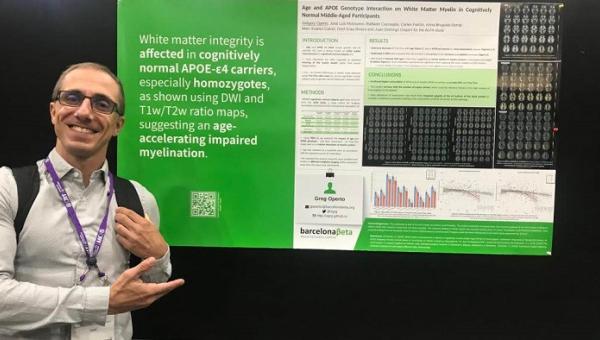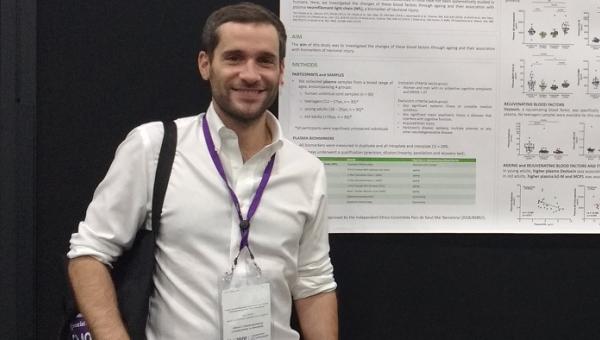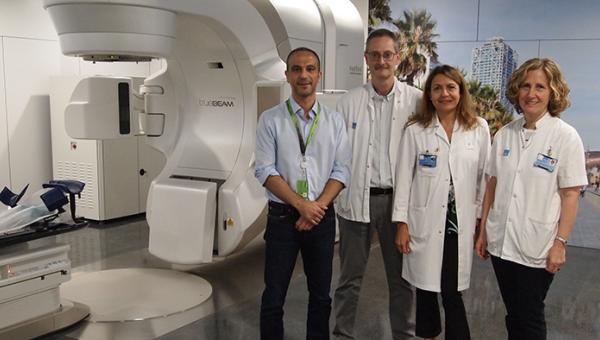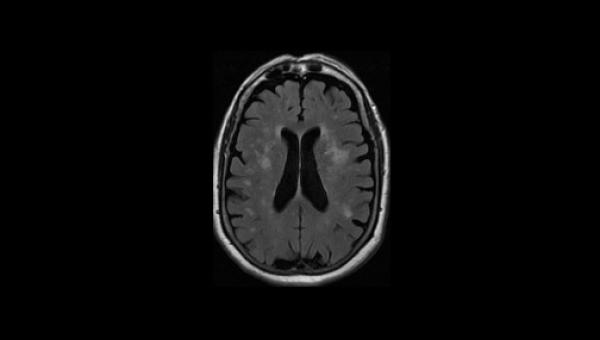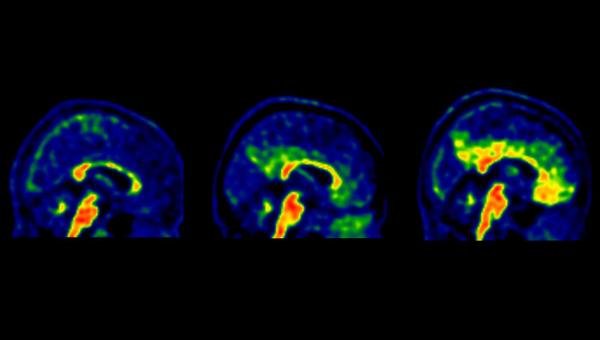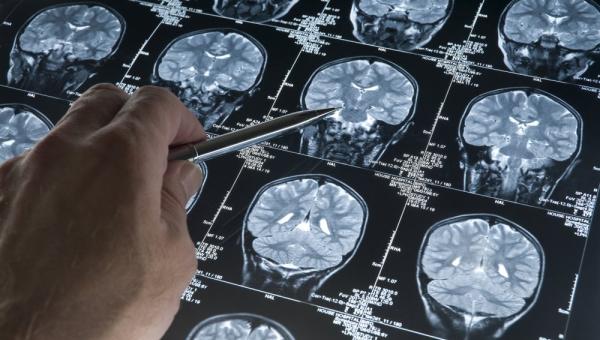News:Research and scientific results
Read the latest news about research and scientific resultats on Alzheimer's disease at the Barcelonaβeta Brain Research Center (BBRC).
Dr. José Luis Molinuevo participates in a paper that recommends informing about beta amyloid as a risk factor for dementia
The vision, which is signed by scientists from international centers, has been published in Lancet Neurology
Myelin alterations are found in the white matter of people with higher Alzheimer’s risk
The Alfa Study, with the support of "la Caixa", has allowed to have a very extensive cohort of cognitively healthy participants
Scientists identify a protein that could protect against Alzheimer’s disease
Marc Suárez-Calvet, researcher at the BBRC, is a co-author of this study led by University of Munich
The BBRC participates in an oncology study published by Hospital del Mar
The research, where BBRC collaborates, shows that protecting the hippocampus avoids memory loss in patients who need cranial radiotherapy
Dr. José Luis Molinuevo participates in a paper on the “hidden costs” of Alzheimer’s disease and dementia
The study reveals that current estimates just show the ‘tip of the iceberg’
Alzheimer's disease risk factors have an impact on the brain structure and cognition of cognitively unimpaired middle-aged people
Such is the conclusion of BBRC researcher Anna Brugulat in her PhD thesis, the first developed in this research center
New finding on the gene conferring the highest risk for Alzheimer’s and its link with cognition and brain morphology
The Ɛ4 variant of the APOE gene modifies the association between cognitive performance and brain structure in middle-aged individuals at risk for developing the disease, research led by the BBRC shows
BBRC study identifies new reference values of a biomarker of Alzheimer’s disease that could increase the number of participants in prevention strategies
Researchers have determined cut-off values that mark the transition from the absence of amyloid pathology to subtle pathology.
The research community adopts a new biomarker-based definition of Alzheimer’s disease
Dr. José Luís Molinuevo from BBRC is part of the experts’ team that worked on the new research framework for Alzheimer’s disease definition, which has been published in Alzheimer's & Dementia Journal


